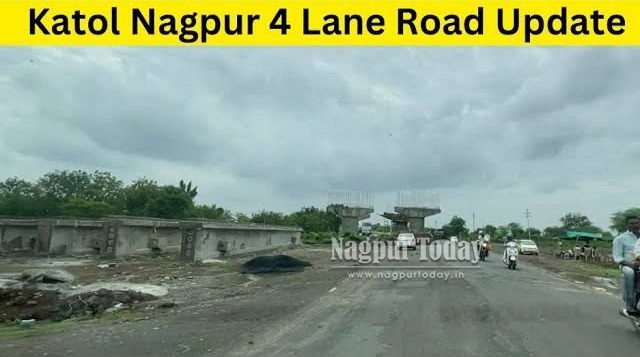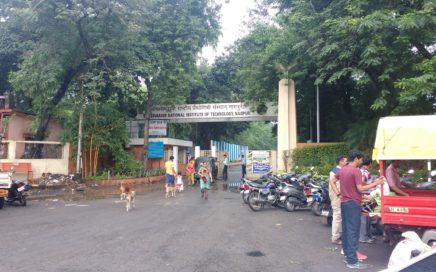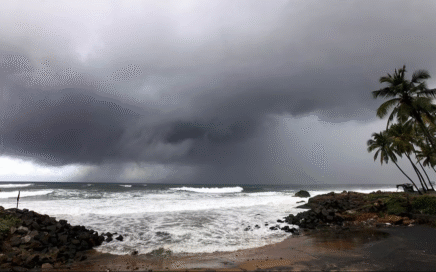 Nagpur. The Nagpur Bench of the High Court has questioned the National Highways Authority of India (NHAI) over the delay in completing the 48-kilometre stretch of the Nagpur-Katol four-lane road project. The project, which spans from the 13 km to 62 km mark, was sanctioned in September 2021 through an agreement between NHAI and the joint contractors Agarwal Global Infratech Pvt. Ltd. and Joint Stock Company Industry Association.
Nagpur. The Nagpur Bench of the High Court has questioned the National Highways Authority of India (NHAI) over the delay in completing the 48-kilometre stretch of the Nagpur-Katol four-lane road project. The project, which spans from the 13 km to 62 km mark, was sanctioned in September 2021 through an agreement between NHAI and the joint contractors Agarwal Global Infratech Pvt. Ltd. and Joint Stock Company Industry Association.
Due to the incomplete status of the project and resulting public inconvenience, a Public Interest Litigation (PIL) was filed by Dinesh Thakre, former chairman and current director of APMC Katol, along with others. During Thursday’s hearing, the court directed the NHAI Project Director to submit a detailed timeline on when the pending 48-km stretch will be completed. Advocate Mahesh Dhatrak represented the petitioners, while Chief Government Pleader Deven Chauhan appeared for the state.
Why Not File Criminal Charges?
In earlier hearings, the court had highlighted provisions for filing criminal cases in cases of negligence. The state was asked to provide records of accidents in Kalmeshwar and Katol tehsils. On Thursday, the state presented data on incidents so far. Following this, the High Court ordered NHAI officials and contractor companies to explain why criminal proceedings should not be initiated against them.
As per previous court orders, NHAI had issued a work order to the contractor on March 30, 2021, with a deadline to complete the work by October 28, 2023. However, the project remains incomplete, causing distress to commuters for nearly five years.
Court Expresses Displeasure
Expressing strong dissatisfaction, the court noted that public-spirited individuals had to approach the judiciary due to the inaction of the Union Ministry of Transport and NHAI regarding the NH-357J Nagpur-Katol section. The court observed that the project has not been brought to a logical conclusion despite being under way for several years.
Through interim orders, the court had earlier directed the installation and proper maintenance of reflective boards and diversion signage to ensure commuter safety—orders that respondents are yet to fully implement.














